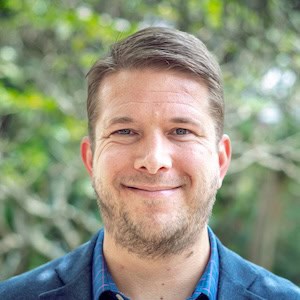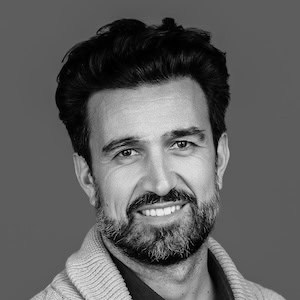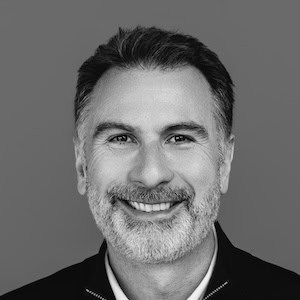-
Breaking the Catch-22 of Poverty: What’s Next for the Graduation Model?
People in extreme poverty are trapped in a catch-22: They're poor because they can't build a livelihood, and they can't build a livelihood because they're overwhelmed by the crises of poverty. The graduation approach can break this cycle – but though research has demonstrated its effectiveness, it's difficult to scale. Evelyn Stark of MetLife Foundation and Jaya Sarkar of Trickle Up discuss Trickle Up's efforts to adapt the model to achieve mass scale and sustainability.
- Categories
- Impact Assessment
-
Why Do Low-income Women Entrepreneurs Fail? New Research Provides Some Answers
Everybody loves a business success story, so research on entrepreneurship tends to focus on the Facebooks and Ubers of the world. But in reality, new ventures are more likely to fail than to succeed, and there's a dearth of research on the reasons why – particularly when the entrepreneurs are women in emerging markets. The Failure Institute joined with Pro Mujer to study the failures of hundreds of small businesses run by low-income women in Mexico. Leticia Gasca of the Failure Institute explores the four main causes of failure these women faced.
- Categories
- Impact Assessment
-
Deciphering the Data Deluge: Making Data More Useful for Financial Inclusion
Data can have a transformative impact on financial inclusion efforts. But it will reach its full potential only if industry stakeholders can truly understand and utilize it for the benefit of customers. In this Q&A, Camilla Nestor, CEO of MIX, discusses how MIX's FINClusion Lab is making data available to financial services providers, regulators, policymakers and others in a format they can actually use.
- Categories
- Finance, Technology
-
‘Eye-opening’ Impact Assessment: How Benchmarks Can Boost Social and Business Outcomes
For the last ten years, Acumen has been investing in off-grid energy companies in the developing world. In its new Energy Impact Report, the impact investing nonprofit talked directly to thousands of customers about their experiences - good and bad - with these companies’ energy products. Acumen's Kat Harrison discusses the survey's revealing results.
- Categories
- Energy, Impact Assessment, Investing
-
Super Platforms in Africa: Not if, but When
Imagine low-income, rural entrepreneurs throughout Africa actively leveraging super platforms like Facebook and Alibaba to conduct all their business interactions, from customer payments to orders from suppliers. This scenario isn't that far-fetched, says BFA's Yanina Seltzer. She explains why the march of the super platforms into Africa is inevitable – and what it will mean for financial services providers, regulators, and small and medium enterprises.
- Categories
- Finance, Investing, Technology
-
Airbnb is Just the Beginning: The Sharing Economy Comes to Emerging Markets
The "sharing economy" is a buzzworthy new industry with platform provider revenues of $18.6 billion – a number that’s predicted to double by 2022 – and a user base that's expected to increase to 86.5 million by 2021. But what is its potential impact on emerging markets? NextBillion spoke with Airbnb's Shawn Sullivan and sharing economy expert April Rinne about how the nascent industry could impact low-income communities – including through an intriguing variation on Airbnb's home-sharing model.
- Categories
- Technology
-
Building BoP Ecosystems: Register for the 2018 BoP Global Network Summit, April 18 – 20, New Delhi, India
Ecosystem development in BoP business has evolved from a buzzword to an emerging reality, with multiple new partnerships and platforms. The 3rd BoP Global Network Summit aims to catalyze and support such partnerships, convening 200 participants from 15+ countries on April 18 – 20 in New Delhi, India. Register soon: Early bird pricing ends Feb. 28. And subscribe to NextBillion Notes for a chance to win one of two free tickets we'll be raffling off to subscribers in the coming weeks.
- Categories
- Uncategorized
-
Finance Responds to Climate Change: How ‘Recovery Lending’ Can Help Victims of Weather-Related Disasters
Natural disasters leave U.S. communities reeling – but those impacted generally have an insurance safety net. When climate-related catastrophes strike poorer populations, it is almost impossible to recover fully. In fact, every year natural disasters force 26 million people further into poverty. Stewart McCulloch of VisionFund International details a novel disaster insurance program that leverages big data climate models to support nearly 700,000 families with "recovery lending."
- Categories
- Environment, Impact Assessment










